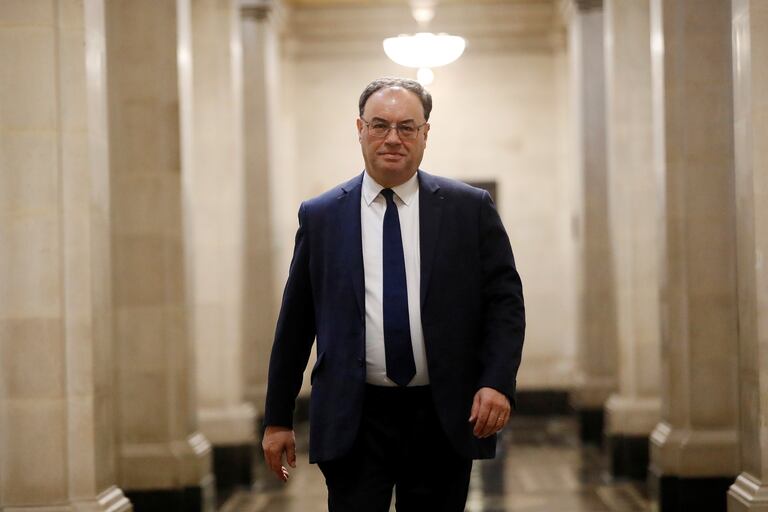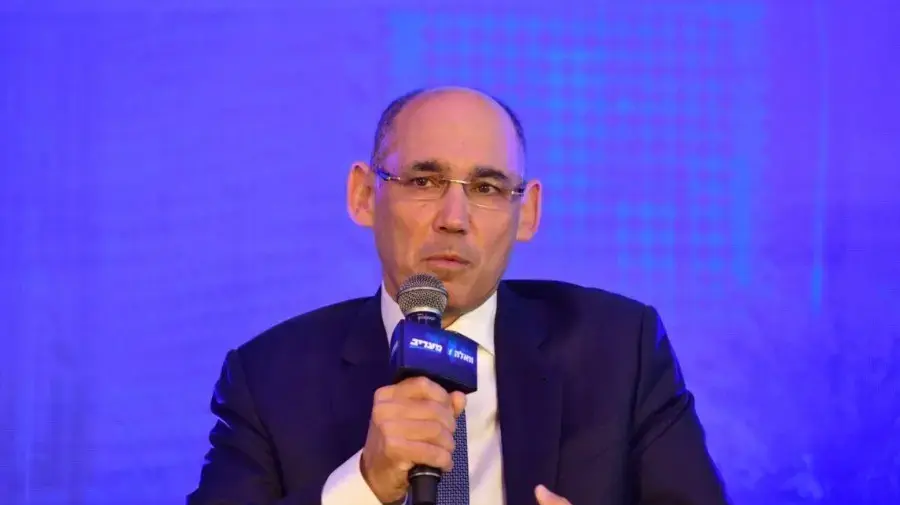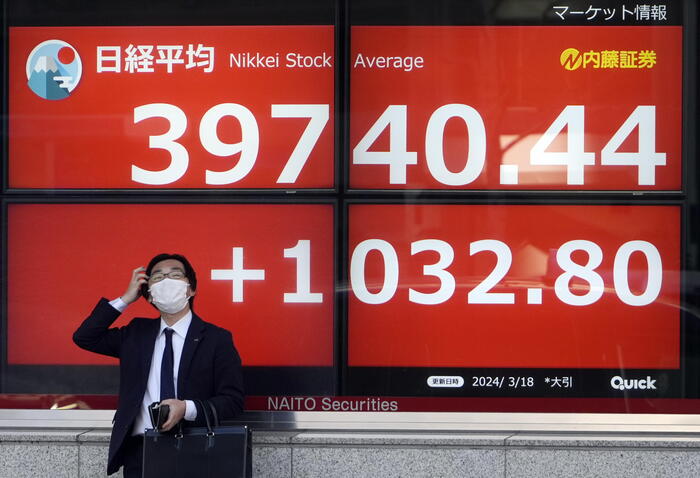After two horse crises in just over a decade, central banks still have the upper hand. At least that is what the Governor of the Bank of England, Andrew Bailey, believes this Friday, who has denied this Friday the largest in the debate about whether monetary policy is reaching its limits. "In no way have we run out of firepower," he stressed at the opening of the second — and last — day of the Jackson Hole summit, the great meeting of central banks that is held every year in the mountains of Wyoming. (USA). These are times, he remarked, in which "act fast and big." And the issuing institute that he directs will not shake his hand: a full-fledged message to those who see - with reason - the British economy at the most critical moment in its recent history: GDP plunged 20.4% in between April and July, the biggest crash in all of Europe; the pound is suffering; And the health crisis has come just when the Boris Johnson government was negotiating with Brussels the bases of its future relationship with the European Union after a Brexit that will be very harmful to London's interests.
The Great Seclusion, as the IMF has baptized the economic crisis derived from the pandemic, is showing that there is always more room for maneuver than is believed. After a long period of massive debt purchase programs and zero and neighboring interest rates - and negative, in some countries - many believed they were beginning to see the seams of central banks. Nothing could be further from the truth: at the beginning of March, before the governments put their entire fiscal arsenal into operation, the central banks had already moved to try to contain the perfect storm that was unleashing in the financial markets. Less than half a year later, it can be said that they have succeeded: the Treasuries continue to pay minimal interest every time they issue new debt and the sea of liquidity in which investors splash has allowed US stocks to exceed their pre-COVID all-time high and Europeans recover an important part of what was lost in those weeks in which it seemed that the world was sinking. And despite everything, there are still bullets in the chamber. "From today's vantage point it appears that we were too cautious about our firepower before the coronavirus," Bailey said. "The right policy mix going forward may be more nuanced than previously thought."
Jerome Powell's bombing 24 hours earlier, in the form of the Fed's inflation targeting easing announcement, has overshadowed virtually everything that has come since the strangest Jackson Hole edition in its history. But the head of the Bank of England has saved his own ammunition for this Friday, in a speech loaded with messages for those who doubt the ability of central bankers to maneuver. For him it will not be: he is willing to go to the end in order to guarantee economic recovery, even with negative interest rates. "Our toolbox includes that possibility," he has dropped.
Accumulating all the possible margin of action is the last fixation of the central banks. But the open door of the United Kingdom to negative interest rates contrasts with what Powell slipped on Thursday, who categorically denied - as he has done so many times in recent times - that the Federal Reserve is going to follow that path, whose consequences they are still controversial in academia. The central banks of Japan, Denmark, Switzerland or Sweden - although the latter backed down at the end of last year - they have crossed that red line that, very roughly , involves charging for borrowing and paying for borrowing. In the British Isles, the price of money remains at 0.1% (its all-time low) since the last cut, right at the beginning of lockdowns, in March. Following Bailey's words on Thursday, however, 0% no longer seems like an insurmountable barrier at next month's meeting: although the Bank of England continues to bet on a full recovery of the pre-pandemic GDP level by the end of 2021, analysts have many more doubts. The path of thorns will be long and the activism of the issuer, necessary.









